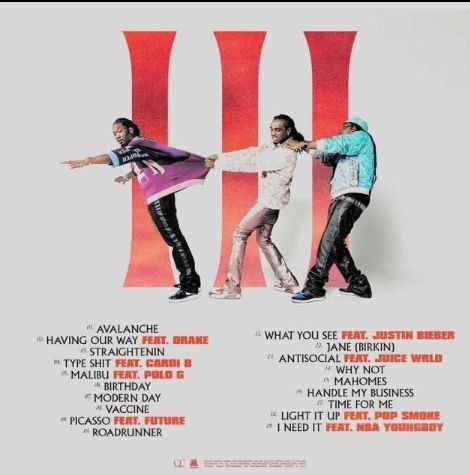The legacy media continues to play a crucial role in informing, educating and entertaining the public. The Media Council of Kenya’s annual Status of the Media Report 2020 revealed that television and radio are the most consumed media platforms in Kenya, standing at 74 percent in terms of popularity. The same report showed that the public trusts the media more than they trust the government, an indication that the public continues to depend on the media for information.
Yet even as the public keeps trusting the media, there is a downside. A report on Kenya Media Assessment by Internews in Kenya indicates that the last decade has witnessed an erosion of the economic vibrancy of legacy media in Kenya. The newspaper circulation has been dropping since 2013 while television took a big hit in 2014 with the digital migration process. Even radio is not spared. The popular belief that radio is the main source of news and information is rapidly and progressively giving way to social media.
Social media has been touted by scholars to be a game changer in how the media will conduct its business going forward. Global media trends, on the other side, suggest that the invasion of social media could be an “extinction-level event” with outlets around the world being affected. While some say media houses may emerge stronger, as a result of increased digital subscriptions, revenue diversification, and reduced – or hollowed-out – competition, these assertions remain to be seen.
Am an ENFJ.
Install Palscity app










Allan Kiptoo
Delete Comment
Are you sure that you want to delete this comment ?